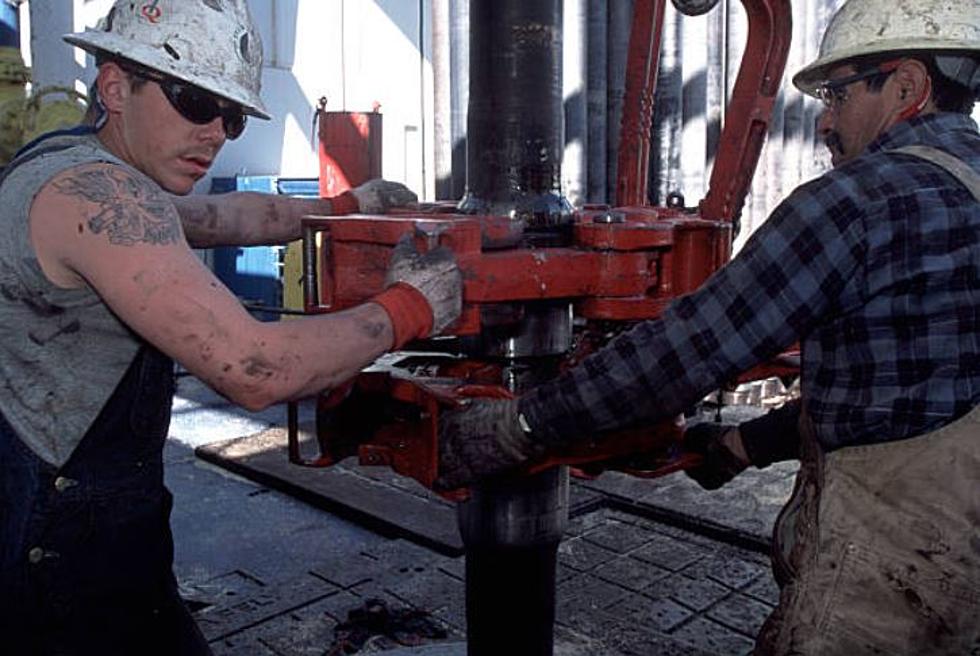
Wars Of Words On Coal, Climate; Industry, Environmentalists Comment On Leasing Moratorium
Supporters of the coal industry Tuesday framed their arguments often with hard and harsh words, semi-apocalyptic scenarios of a war on the west, or human impacts on families and communities.
"Here we are again at another one of the secretary's Soviet-style show trials where the verdict has already been decided and the sentence already issued," Richard Reavey of Cloud Peak Energy said.
"The verdict is that coal will be found to have been guilty reliable, affordable electricity; guilty of providing well-paying jobs in fly-over states that don't support the Obama regime; guilty of trying to make the American economy stronger," Reavey told a crowd of miners, politicians, and company representatives at a rally before a day-long scoping hearing conducted by the U.S. Bureau of Land Management at the Casper Events Center.
"And the sentence? The sentence is keep it in the ground."
So supporters of coal can either accept it and go home, or they can go to the scoping meeting and object, he said. "We should go upstairs and make it very clear that we will fight, and that we will not go quietly."
Reavey, U.S. Sen. Mike Enzi, Superintendent of Public Instruction Jillian Balow, and dozens of others voiced their objections to Department of Interior Secretary Sally Jewel's announcement in January of a three-year moratorium on issuing new coal leases.
During that time, the Department of Interior will review of the leasing process, which has not been changed in more than 30 years. The administration has questioned whether fees charged to mining companies provide a fair return to American taxpayers and reflect coal's impact on the environment. Wyoming is the nation's largest coal producer.
Companies still will be able to mine an estimated 20 years' worth of coal reserves under lease, according to the Department of Interior.
Tuesday marked the first of the Interior's Bureau of Land Management's series of public comment sessions known as scoping meetings. A report on the comments will be published later this year.
Meanwhile, Arch Coal and Peabody Energy companies filed for Chapter 11 Bankruptcy reorganization. And in late March they announced the layoffs of hundreds of employees. Coal-related industries have reacted likewise, with BNSF Railway announcing the layoffs and furloughs of thousands of employees.
The causes for the industry's upheaval are many, including low commodity prices especially with natural gas as a competitor in electricity production, changing world markets, and policy changes advocated by the Obama administration.
Most of the approximately 90 people who spoke at the scoping meeting hammered on the leasing moratorium and proposed changes in royalties, the effects on local tax revenues, and the effects the layoffs have had on families and social service agencies.
But some told the BLM representatives the administration is doing the right thing, especially in light of the estimated 20-year coal supply that has yet to be mined.
Climate change is real, said retired University of Wyoming science education professor Duane Keown. The changes that are occuring rapidly have affected the pika, a little ground mammal, and crop pollinator insects, which eventually affect everybody, he said.
Some ranchers in the Powder River Basin said the BLM has always favored coal companies and has ignored the effects of mining on agriculture.
Mining has affected watersheds, lands with mineral rights underground have been mined to the detriment of grazing, and relatively little land has been reclaimed, they said.
More From K2 Radio









